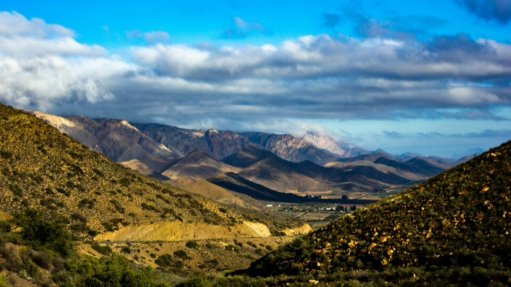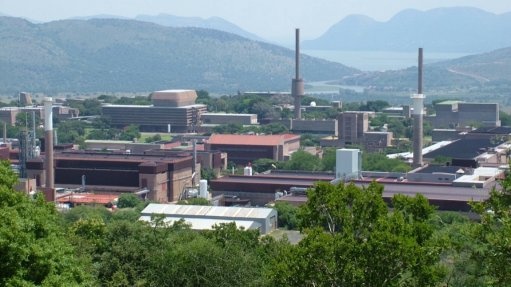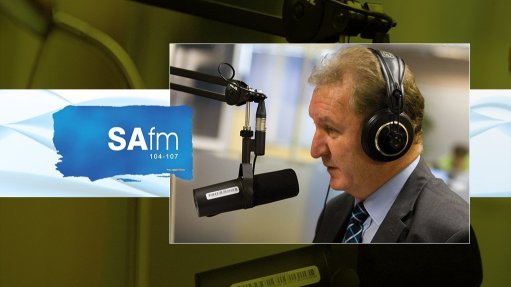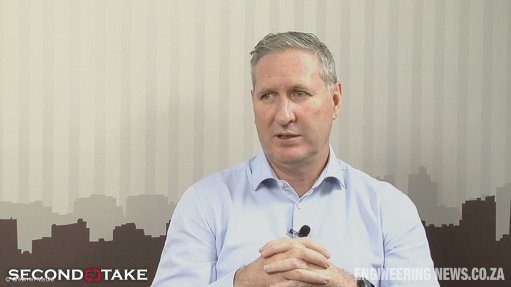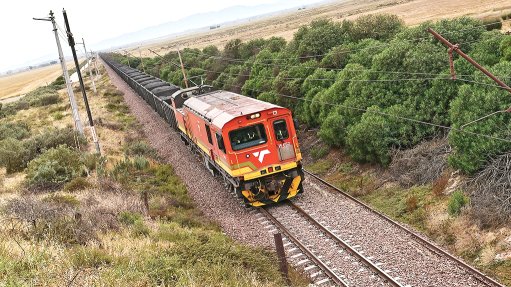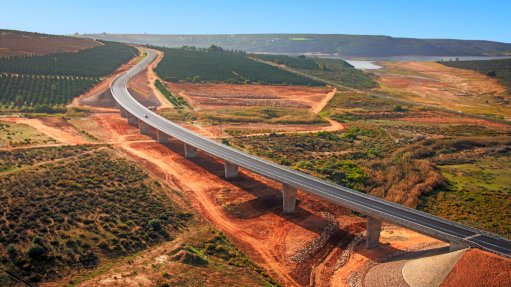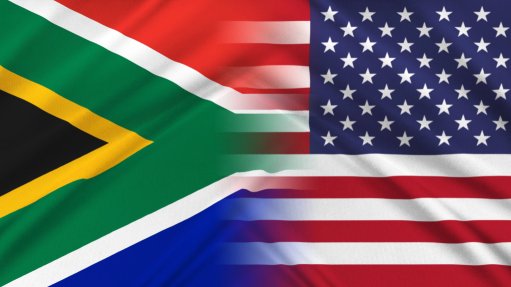Trends Creating Opportunities in Africa’s Energy Sector
This article has been supplied.
Africa’s power and energy sector are catalysts for its growth and development. To achieve its full potential, the continent needs to accommodate the energy needs of its citizens and to achieve that, necessitates businesses and producers to stay abreast of the precipitous advances of the energy landscape. To this end, there are several developments influencing the economic and socioeconomic realms of Africa.
1. Greater investments in low-carbon technologies and sustainable energy render coal power plants increasingly difficult to finance.
The world is accelerating towards cleaner, more renewable energy with environmental awareness on the rise. This has subsequently led to more nations investing in low-carbon technologies, a shift that became more prominent following the 2015 COP 21 United Nations Climate Change Conference. In light of this, the attractiveness of coal projects has declined worldwide. As renewable energy and low-carbon technologies become the norm, financing for coal projects will become progressively more challenging.
2. The growing inclination towards renewable energy in developing markets
Countries such as Morocco and Senegal are increasingly supporting a move away from coal to more sustainable energy sources to drive power plants. Declining costs of renewable energy technologies in solar and wind have significantly made them competitive, thereby increasing the use thereof. Similarly, the shale gas revolution in the USA spurred the declining costs of gas, making gas power plants markedly more competitive compared to clean coal solutions.
Africa has vast access to natural resources such as solar and wind. In fact, Africa receives over two and a half times what Germany, being a world leader in solar renewables, does. This in itself, indicates the enormous potential of Africa having access to these renewable resources.
The accessibility of Africa’s renewable energy alternatives therefore renders renewable solutions cost efficient. This very dynamic will reform the energy landscape in Africa. While the continent has previously trailed behind developed nations in the adoption of renewable energy, this scenario will change as Africa’s interest in renewable energy increases.
3. Battery storage gains momentum
Investment in battery storage has received a lot of traction from global companies such as Tesla, Samsung, Total and BYD over the last 5 years and further investment is expected to be made in the research and development thereof, particularly when paired with solar photovoltaic plants for energy storage. Moreover, declining costs associated with battery storage will further boost investments in the battery storage realm.
4. Development of decentralised distributed generation solutions
Implementing decentralised distributed generation solutions will enable millions of people across the continent without energy, access thereof. Distributed generation entails establishing smaller power stations at particular load centres as opposed to larger power utilities that are required to transmit power over vast distances. According to Dr Christoph Frei, secretary general of the World Energy Council, “Decentralised supply will add a lot of value to the supply picture. This does not mean, however, that we get rid of the central supply utilities but rather have many complimentary supply stations coming in at local level.”
Distributed generation also keeps transmission losses at a minimum and will enable transmission of power to where it needed. Businesses and nations embracing and investing in the decentralisation of renewable energy open themselves up to massive opportunities.
5. The progressive move towards integrated grids
Integrated grids entail countries evacuating power from one country with a power surplus to one with a power deficit. “Regional integration is essential to ensure that resources get from locations where they are most affordable, to where they are needed,” explained Dr Frei. In Africa however, this proves more challenging in practice as the continent is divided into very distinct power pools being the northern, southern, eastern, western, and central power pools, with minimal integration between them. Transmission projects required to link grids is an expensive exercise and therefore Africa is currently slow on the uptake of this task. In addition, growth in this area may take a decade or longer to develop. However, as transmissions projects are the foundation of power generation, investment in this area is essential and initiatives in this regard are set to endure.
The political and economic climate in Africa has improved over the past 20 years, rendering the continent a viable investment decision for international stakeholders. Being abundant in natural resources for power generation (vast amounts of solar, hydro, wind, gas amongst others), the African energy realm is undergoing a positive transition.
These abovementioned trends will be unpacked in detail at the Africa Energy Indaba in February 2019, where industry leaders will converge to discuss developments in the sector, capitalising on opportunities while mitigating associated threats. Key speakers at the Indaba will include: Sean Cleary: Strategic Concepts, Dr Christoph Frei: World Energy Council, H.E. Dr Matar Al Neyadi: Ministry of Energy of the United Arab Emirates, H.E. Minister Jeff Radebe: Department of Energy, South Africa, Dr. Ibrahim Mayaki: NEPAD Agency, Amandou Hott: African Development Bank Group along with many more energy luminaries. Having set the precedent of events in the energy sector, this indaba is not to be missed by anyone with a vested interest in the African energy sector.
Comments
Press Office
Announcements
What's On
Subscribe to improve your user experience...
Option 1 (equivalent of R125 a month):
Receive a weekly copy of Creamer Media's Engineering News & Mining Weekly magazine
(print copy for those in South Africa and e-magazine for those outside of South Africa)
Receive daily email newsletters
Access to full search results
Access archive of magazine back copies
Access to Projects in Progress
Access to ONE Research Report of your choice in PDF format
Option 2 (equivalent of R375 a month):
All benefits from Option 1
PLUS
Access to Creamer Media's Research Channel Africa for ALL Research Reports, in PDF format, on various industrial and mining sectors
including Electricity; Water; Energy Transition; Hydrogen; Roads, Rail and Ports; Coal; Gold; Platinum; Battery Metals; etc.
Already a subscriber?
Forgotten your password?
Receive weekly copy of Creamer Media's Engineering News & Mining Weekly magazine (print copy for those in South Africa and e-magazine for those outside of South Africa)
➕
Recieve daily email newsletters
➕
Access to full search results
➕
Access archive of magazine back copies
➕
Access to Projects in Progress
➕
Access to ONE Research Report of your choice in PDF format
RESEARCH CHANNEL AFRICA
R4500 (equivalent of R375 a month)
SUBSCRIBEAll benefits from Option 1
➕
Access to Creamer Media's Research Channel Africa for ALL Research Reports on various industrial and mining sectors, in PDF format, including on:
Electricity
➕
Water
➕
Energy Transition
➕
Hydrogen
➕
Roads, Rail and Ports
➕
Coal
➕
Gold
➕
Platinum
➕
Battery Metals
➕
etc.
Receive all benefits from Option 1 or Option 2 delivered to numerous people at your company
➕
Multiple User names and Passwords for simultaneous log-ins
➕
Intranet integration access to all in your organisation






